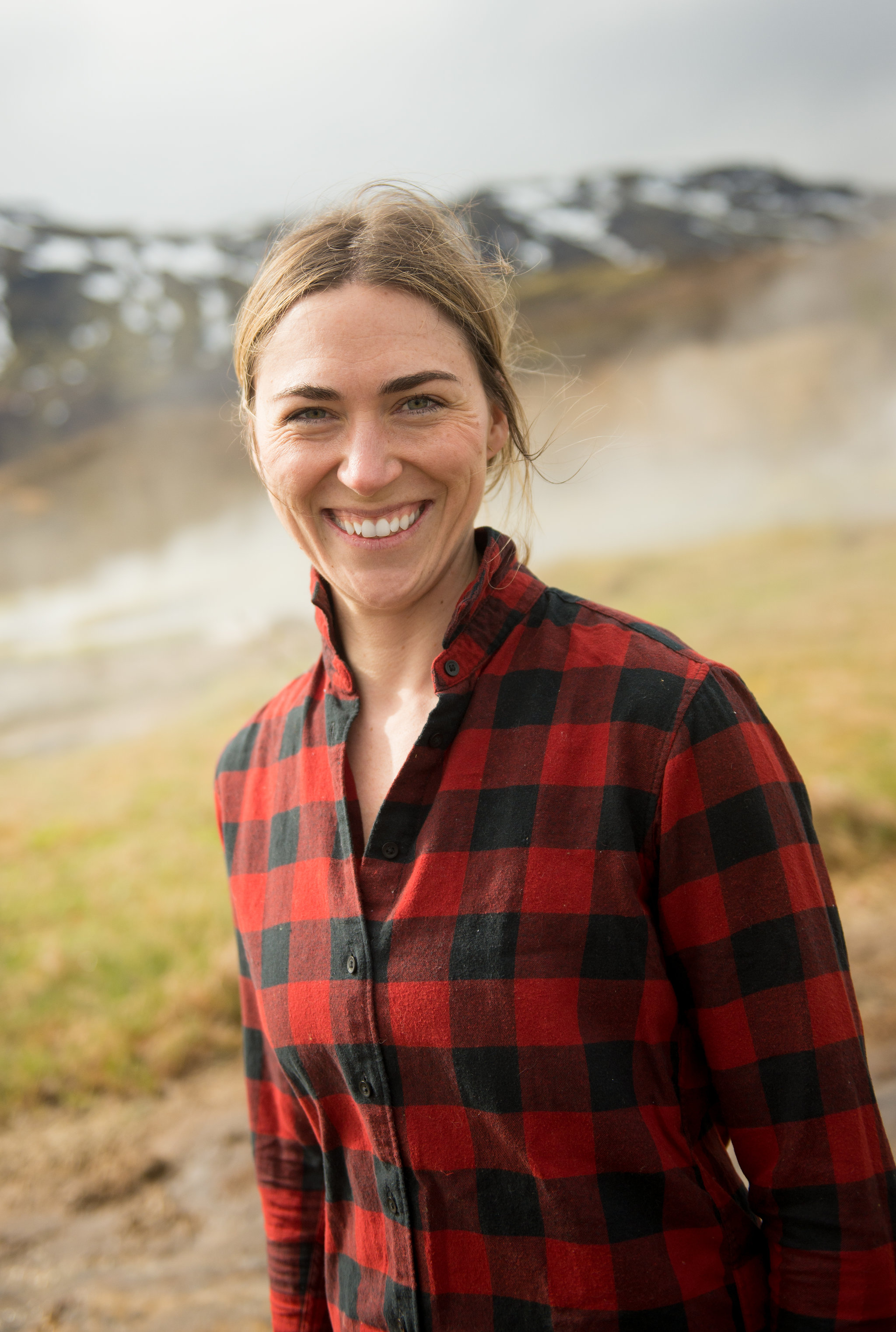What Someone Struggling With An Eating Disorder Wishes They Could Say
When in the midst of struggling with an eating disorder, it can be hard to reach out for help. Roxannah Hunter shares what she wishes she could have said to those trying to help her on the road to recovery.
by: Roxannah Hunter
I don’t know what it’s like to have a child, and I certainly don’t know what it’s like to have child that is suffering from an eating disorder. My mom would be the one to write that article.
What I do know is that there is so much I wish I could have communicated with my mom about my pain. Now that I am 33 years old and have been in recovery from an eating disorder for over 10 years, I look back on my younger self as if I am a parent to a younger me. I think about that young girl and want to cry knowing, feeling, and sensing the sadness, bondage, and despair contained in that emaciated body. I want to go back there and help her. I want to extend a hand and pull her out of the whirlpool of addiction and hold her in my arms and tell her it’s going to be ok.
And I wonder if that’s how a parent feels when they watch their child suffer. Stranded on the sidelines. Trapped in a straight jacket of fear, disbelief, and confusion as someone so precious suffers so much.
But that child, adolescent, or loved one is trapped in a straightjacket too - one that leaves them paralyzed between the isolation their eating disorder demands and the community their soul cries out for.
An eating disorder has a way of stealing it’s victims’ voice leaving them speechless to utter the words that are most needed to get help.
I know. I was there. I stood by my car ready to drive back to college when my mom asked me, “Are you ok?” I knew what she meant. I knew that she was asking from the deepest level of her being. The same intangible maternal essence that just knows when something is amiss.
And so I said the only words my anorexia permitted me to say, “I’m fine mom.”
She must have known it was a lie. She must have known that her beautiful daughter, once vibrant with life, was caught in a struggle to big for her to overcome.
What I really wanted to say, what I wish I could have said is this:
I’m scared. So terribly scared because this thing, this compulsive desire to starve myself, is consuming my life and every time you ask me if I’m fine, I’m really not.
I feel worthless and I don’t think I’m good enough. I can’t compete and will never measure up to your standards or the worlds standards.
I’m angry. Angry that this is happening to me. Angry that I was made to carry emotional burdens I was never old enough to carry. Angry at the belief structure I had no choice in adopting.
And the last thing, the most important thing, the thing I needed even though my actions and my words always seem to indicate otherwise…
I need your help. I need you to recognize that I have a problem because I can’t recognize it myself.
Your loved one may not be telling you anything about his/her struggle, but I can guarantee they want to. They want to find the words that are weighted and complicated. To us, on the sidelines, they seem so simple, and we wait for them in denial that everything not okay.
When I finally received help it was because someone I barely knew had the courage to confront me on my illness and take actionable steps in getting me the treatment I needed. She herself struggled and therefore knew what I was going through. She could decode the silent signs of my body.
But we don’t need to have gone through the struggle ourselves to know when we need to step up for someone else. We can learn. We can learn the signs and listen to the personal stories of others who have walked that path so that we can be receptive to the ones closest to us on our journey.
While there is much that I wish I could have said then, there is even more that I want to say now. My parents were not the ones who confronted me on my illness, and maybe it was always supposed to be that way. When they did come to understand that there truly was a problem, they were there.
They drove me to treatment. They paid the costs associated with rehab. They went to therapy. In other words, they showed up.
So today, what I want to say is this: Thank you. Thank you for being there. For being present. Thank you for asking me how I was doing and trying to feed me that extra bowl of ice cream. You had no clue what I was dealing with but you cared in the only ways that you knew how. I’m sure there is so much you also want to say to me. I may not have been ready to then, but I want you to know now….
I’m listening.
Looking for eating disorder treatment programs or services in the New York City area? Learn more about our options at BALANCE eating disorder treatment center here or contact us here.
This post was written by BALANCE blog intern Roxannah Hunter.
Roxannah is a teacher, collegiate athlete, and writer who feels passionately about creating space for people to be seen in their human experience and a place to support them to craft a vision beyond their current situation. She loves yoga, pizza, and her cat Bodhi. She is excited to share insights from her recovery journey as a contributing writer at Balance.


